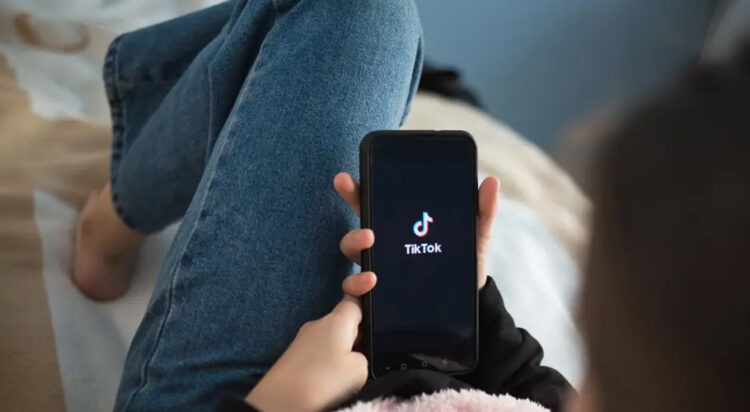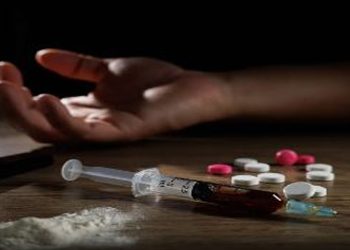In this day and age, people often turn to social media for medical advice, particularly concerning mental health. While this trend is concerning in itself, the spread of misinformation makes the situation even worse. A Guardian investigation has revealed that more than half of the 100 most popular mental health videos on TikTok contain misleading or inaccurate information.
An analysis of top TikTok videos under the hashtag #mentalhealthtips, with input from psychologists and academic experts, found that 52 of the top 100 contained misinformation.
Many focused on trauma, anxiety, depression, and neurodivergence, often offering oversimplified or inaccurate advice. Examples included claims that eating an orange in the shower can reduce anxiety or that trauma can be “healed” in under an hour.
Some videos misused clinical language or pathologized everyday emotions. Dr. David Okai of King’s College London warned that such misuse of terms like “anxiety” or “mental disorder” can blur the line between diagnosable conditions and ordinary experiences.
Former health minister and NHS psychiatrist Dan Poulter echoed these concerns, cautioning that this trend risks trivializing serious mental illness. The findings underscore the growing need for accurate mental health education on social media platforms.




































